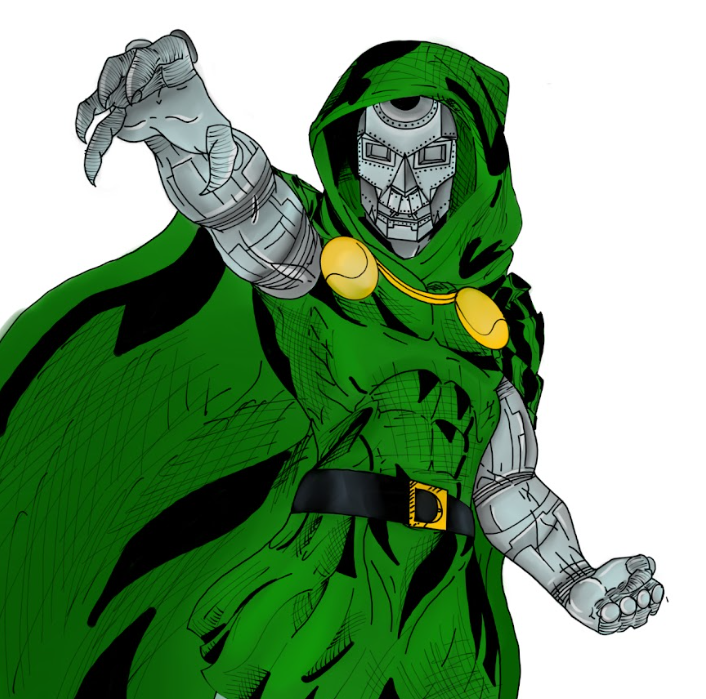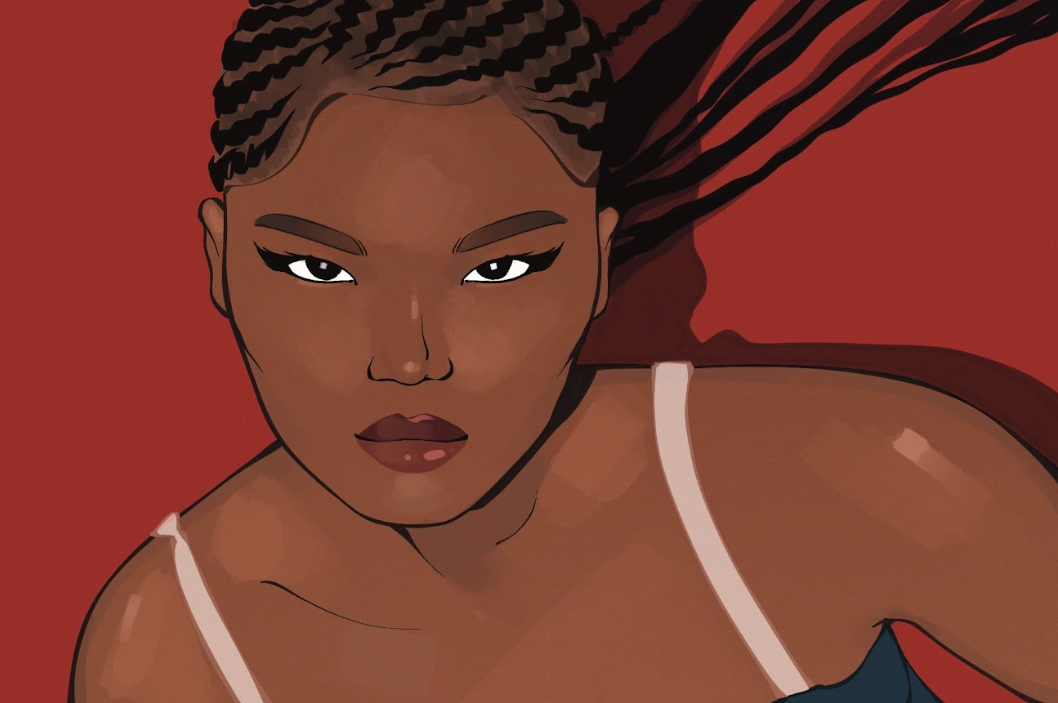Family abuse, sexual assault and murder — do these words inspire respect and silence? Or do they turn heads and light a path to morbid curiosity? The media glorifies real crimes, from television adaptations to Halloween costumes, there is little to no respect given to victims and survivors of inhumanities. When the night rises and the Netflix logo flickers on the screen, why is a true-crime story the first thing to come up, and why is it exactly what people want?
On Sept. 19, Netflix released the second installment of its hit anthology series, “Monster.” The first season follows the story of serial killer Jeffery Dahmer, while season two “Monsters: The Lyle and Erik Menendez Story” follows the tale of the infamous Menendez brothers. This season focuses on their stories and the murder they committed against their parents, Jose and Kitty Menendez.
On Aug. 20, 1989, Erik and Lyle Menendez shot their parents to death. After a whirlwind of reckless spending sprees the pair had following the murders and an official confession from Erik to his therapist, the pair was arrested in March 1990. Their first trial began in 1993, ending in a mistrial; their second trial began in 1995, concluding with their imprisonment.
The brothers never denied the murders, instead, they made their motives clear: it was an alleged act of self-defense. Erik and Lyle testified that while growing up, their father continuously sexually and mentally abused them, all while their mother turned a blind eye. These claims led to a mistrial, while their second trial deemed the Menendez brothers guilty. This occurred due to the prosecution’s narrative: the brothers’ claims of abuse were lies and money was their motive behind the murders. The prosecution unfairly rejected a great deal of the defense’s evidence, bringing the case to a devastating end as the Menendez brothers were found guilty. Ultimately, their claims of familial abuse were swept under the rug and they were pushed behind bars.
Like any case’s prosecution and defense, which argue two sides of a crime, these brothers still have audiences polarized — one side that paints them as helpless victims and sensationalizes their case and one side that presents them as cold-blooded killers, shaming them. The gray area sits out, neglected. Killing is not okay, but often, victims see no way out, allowing fear and trauma to take over. This is due to a twisted upbringing: a dysfunctional life, a distorted mind and a loss of safety. Would Erik and Lyle be alive to share their stories had they not killed their parents?
Erik and Lyle were traumatized: physically, sexually and mentally abused, but the public turned away from them. After the show’s release, things are not better, because even if more people side with them now, many still stream the show — doe-eyed with fascination and twisted intrigue, blind to the insensitive portrayal it presents.
“Monsters” sexualizes the Menendez brothers, depicting a homoerotic, incestuous relationship between the pair. In the real testimony, Lyle admitted to sexually abusing Erik on one occasion. The show took this claim and distorted it to create an entertaining, smutty characterization. The series also shows scenes of Lyle using cocaine. Forbes reports these depictions “Are largely based on the far-flung theories of the late Vanity Fair journalist Dominick Dunne, with no real evidence behind them.” These men were sexually abused, and now they are being sexualized — it is heartbreaking and sick.
On the day of “Monsters” release, Erik shared his disappointment with the show in a statement made through his wife’s X account. “It is sad for me to know that Netflix’s dishonest portrayal of the tragedies surrounding our crime [has] taken the painful truths several steps backward,” he wrote, “To an era when the prosecution built a narrative on a belief system that males were not sexually abused, and that males experienced rape trauma differently than women.” Erik continues, “How demoralizing to know that one man with power can undermine decades of progress in shedding light on childhood trauma.” “As such, I hope it is never forgotten that violence against a child creates a hundred horrendous and silent crime scenes darkly shadowed behind glitter and glamor and rarely exposed until tragedy penetrates everyone involved.”
How come Gypsy Rose Blanchard was pitied and welcomed with open arms after her release? The justification for her brutal crime rested in the hands of her accusations, and she was released after 10 years, but the Menendez brothers were sentenced to life in prison, shamed, with their story being dismissed? Even now, as more people push the narrative they are innocent, they remain unfamiliar with justice. Their story, like many others, has taken over screens, the dramatization and glorification burning brighter than the graveness of their story — their life.
People continue to grow desensitized to true crimes, consuming cases as entertainment, painting a cinematic picture for mere bone-chilling and jaw-drop moments, but the Menendez brothers’ story is one of tragedy and heartbreak. This is a case, not a tall tale. Erik and Lyle are people, not characters. Their story is about crime, not a drama.










